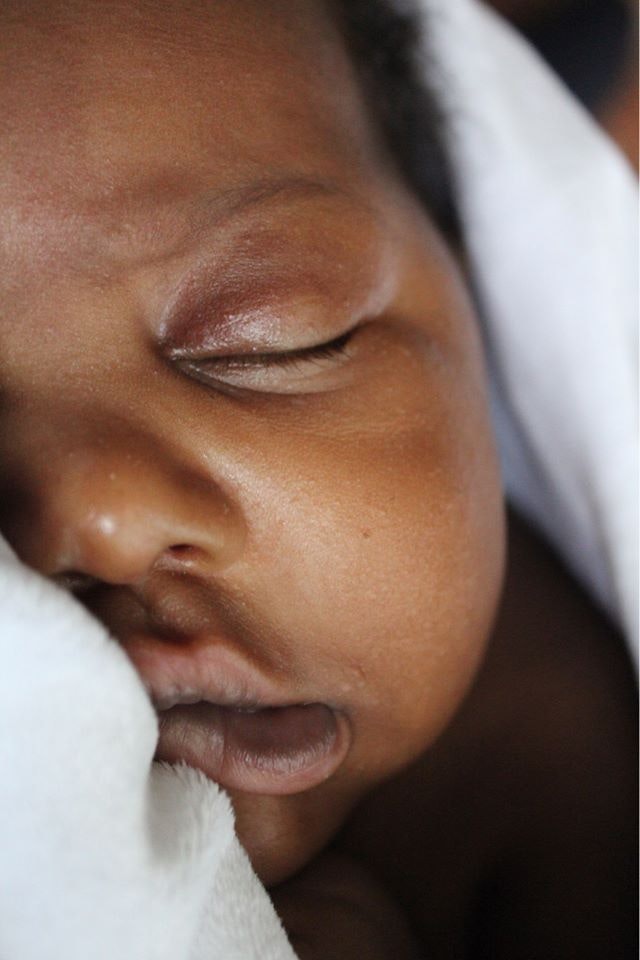
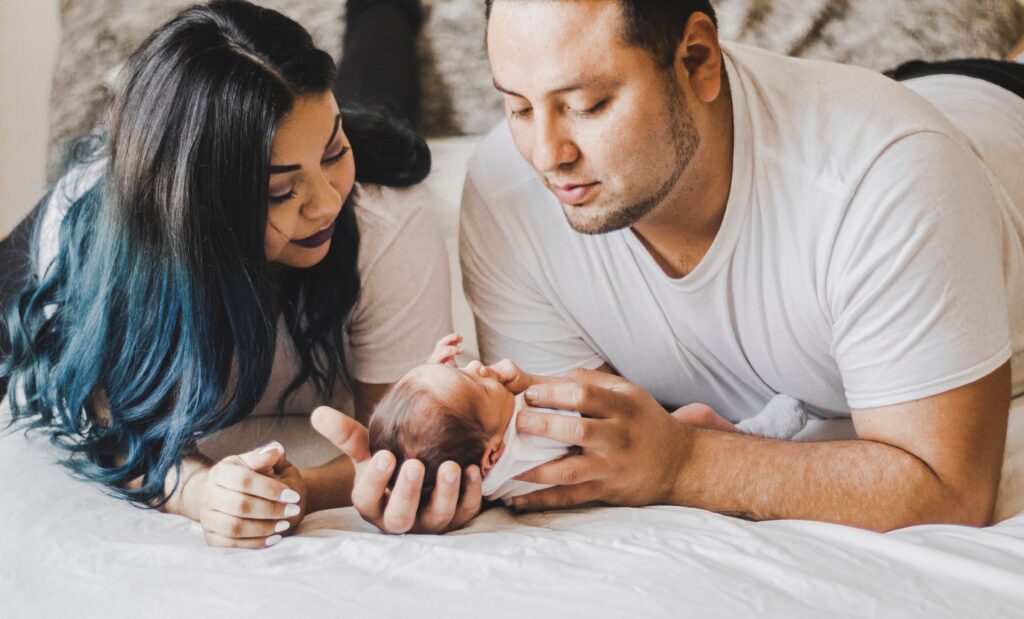
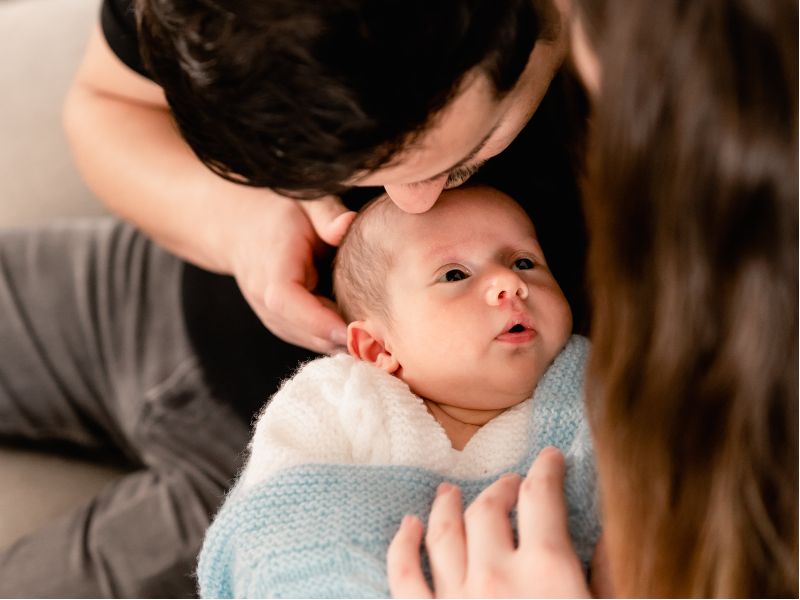
Important things to know
Birth Registration
To find out how to register the birth of your baby go to: How to register a birth – mygov.scot
Cord care
The cord will dry up and fall off around 7-10 days after birth. It does not usually require any special attention and normal bathing as below is recommended. If the cord becomes moist or smells bad please speak to your midwife or GP.
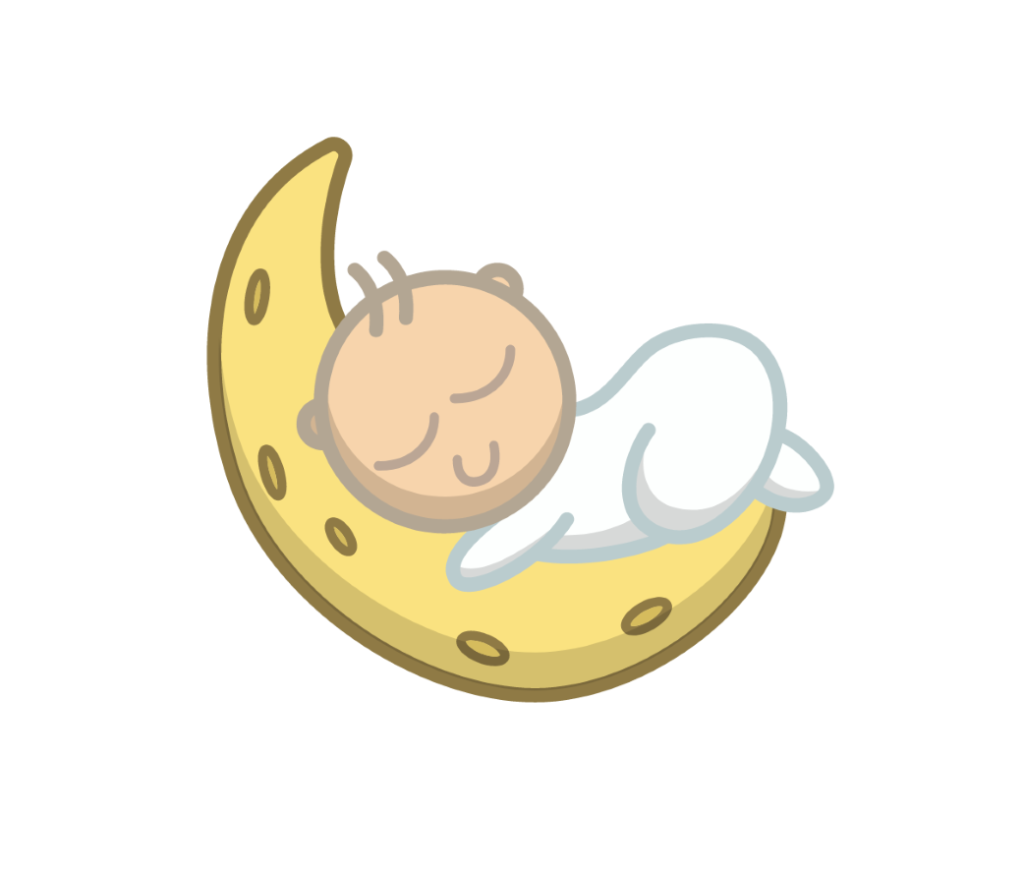
Safer Sleep for Babies
Please follow this advice which is backed by research and has been shown to reduce the chance of babies dying suddenly with no explanation (known as sudden infant death syndrome, SIDS, or cot death).
Please read this leaflet: Safer Sleep for babies a guide for parents and carers (www.gov.scot)
Versions Safer Sleep for babies a guide for parents in other languages.
There is also a useful video about safer sleeping.
Follow this advice for safer sleep:
Place your baby on their BACK for every sleep
in a CLEAR AND FLAT SLEEP SPACE (for example: a cot) in the same room as you
Keep them SMOKE FREE day and night
Never fall asleep with your baby on a couch or armchair
Don’t share a bed with your baby if you or your partner:
o Smoke
o Have recently drunk any alcohol
o Have taken any medication or drugs that could make you sleepy, including methadone or illegal drugs
·Make sure your baby doesn’t get too hot, and keep your baby’s head uncovered when sleeping
Never shake or smack your baby
No matter how frustrated you might feel. Shaking or smacking your baby can damage their brain or can even kill them. Shaking your baby makes their head move back and forth and can damage the blood vessels. If you are feeling very upset or angry, put them somewhere safe or ask someone else to hold them and leave the room. If you or anyone else shakes your baby, get medical help straight away. If you are ever worried about your baby’s safety, always get help. Tell your midwife or health visitor or if it’s urgent call 999.
For more information see:
Handle with care: How to keep your baby safe (nspcc.org.uk)
Support for sleepless or crying babies:
CRY-SIS helpline (7 days from 9am to 10pm) 0800 448 0737
Support For Crying And Sleepless Babies | Cry-sis
Jaundice
Jaundice is the name given to the yellowing of the skin and the whites of the eyes. It is very common in newborns. Always check with your midwife or health visitor if you notice any change in the colour of your baby’s skin or of the white of their eyes. For most babies jaundice is mild, harmless and clears itself. Sometimes we use a measuring device, called a Bilimeter, to check your baby’s jaundice levels.
Newborn blood spot test
Blood spot tests in Scotland | NHS inform
All newborn babies in Scotland are offered a blood spot test, sometimes called the ‘heel prick’ test. This test looks for 10 serious conditions that can’t be seen by just examining your baby. These are: cystic fibrosis, sickle cell anaemia, congenital hypothyroidism, phenylketonuria (PKU), maple syrup urine disease, medium-chain acyl-CoA dehydrogenase deficiency (MCADD), isovaleric acidaemia (IVA), glutaric aciduria type 1 (GA1), homocystinuria (HCU), and hereditary tyrosinaemia 1 (HT1).
Your midwife will explain the test in more detail and ask for your permission to carry it out. It’s usually offered around 5 – 8 days after your baby is born.
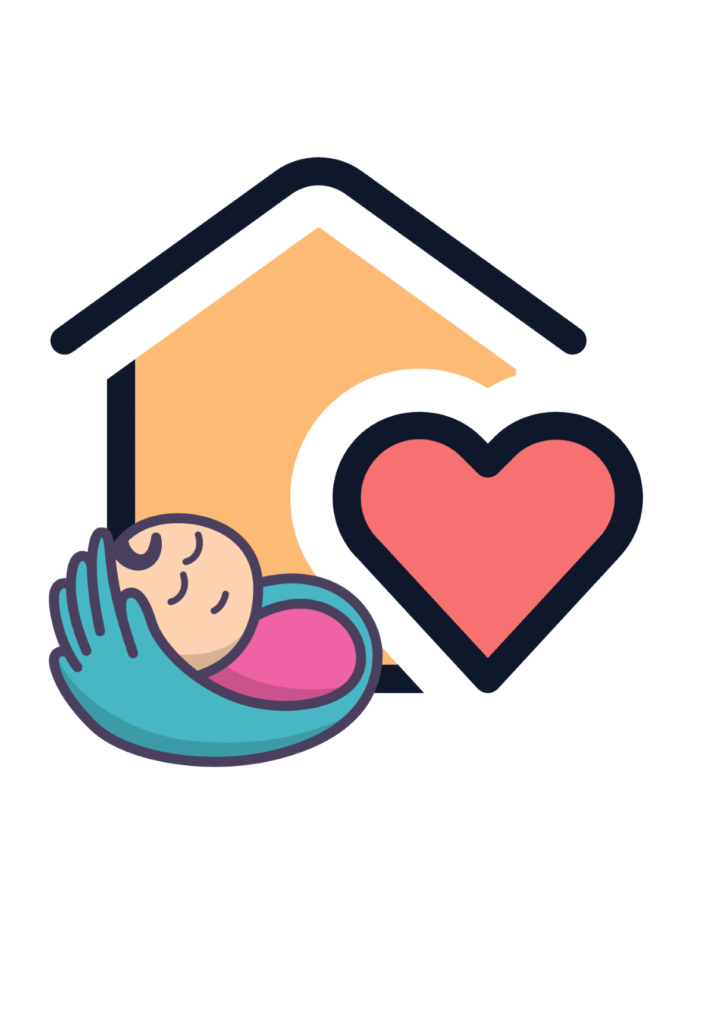
Making your home safe
To find out about making your home safe for a baby, see the Good Egg guide on home safety:
In Home GEG.pdf (goodegghomesafety.com)
Red Cross: Baby First Aid Basic first aid techniques for your baby
How to Perform Child & Baby First Aid | Red Cross
Children First Aid: Choking Baby | First Aid | British Red Cross – Bing video














